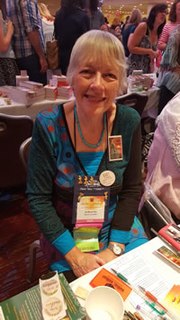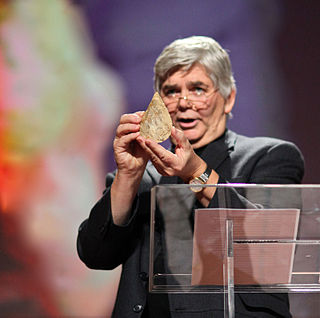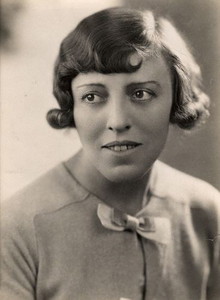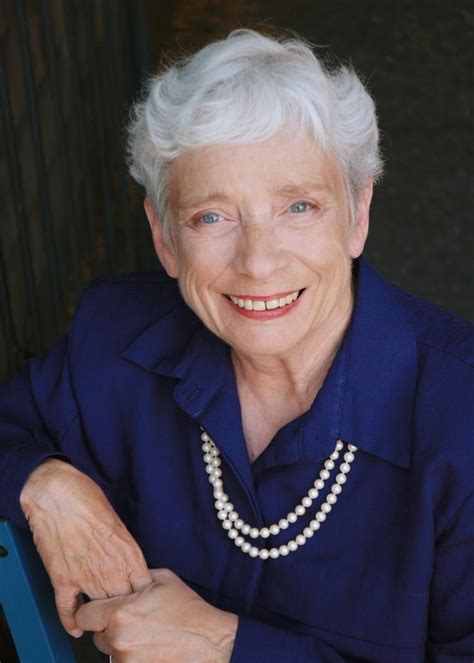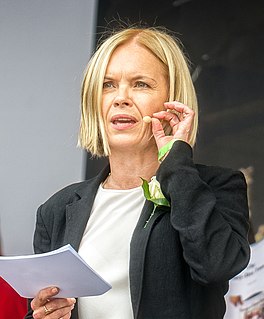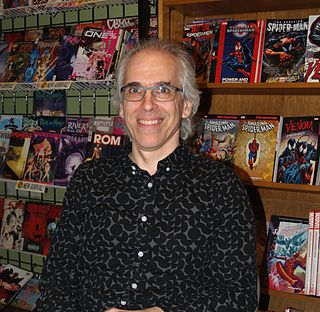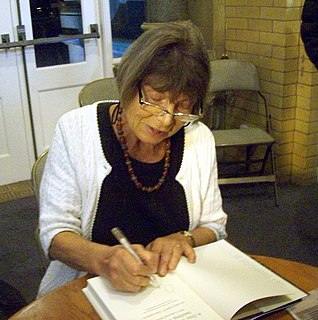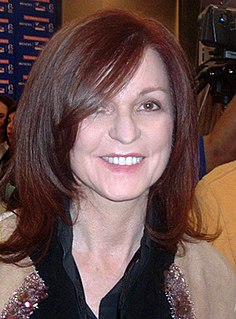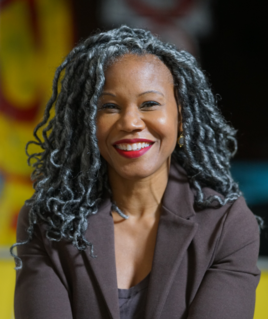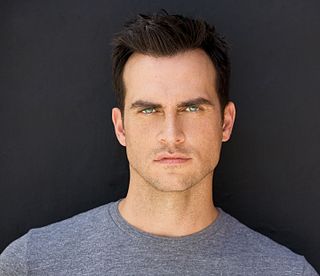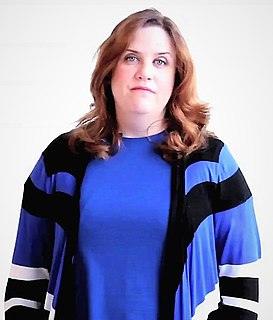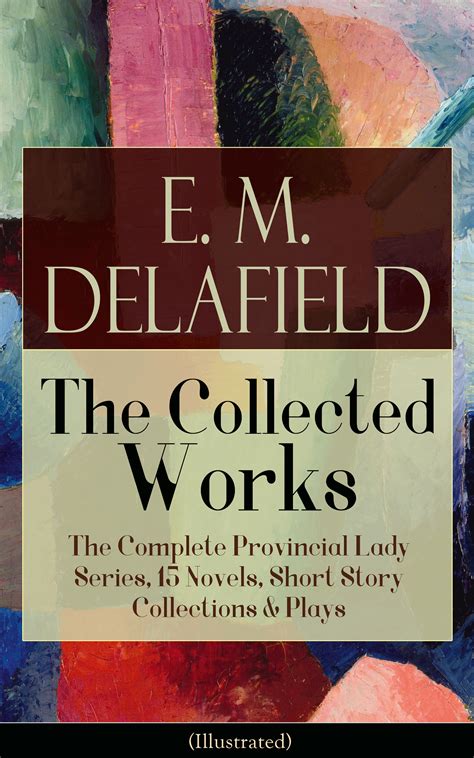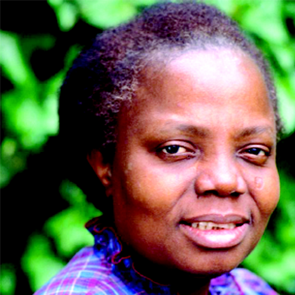Top 1200 Jane Austen Novel Quotes & Sayings - Page 3
Explore popular Jane Austen Novel quotes.
Last updated on April 18, 2025.
No good writer ever merely cheered us up. But there's an unblinking stare into the darkness of things we have to go elsewhere to find. Jane Austen was made of strong stuff. She was too satiric for D. H. Lawrence's taste and too unforgiving for Kingsley Amis's, but you would still not call her hellish.
It has been suggested that Tiptree is female, a theory that I find absurd, for there is to me something ineluctably masculine about Tiptree’s writing. I don’t think the novels of Jane Austen could have been written by a man nor the stories of Ernest Hemingway by a woman, and in the same way I believe the author of the James Tiptree stories is male.
I looked at the world of books and just went, Oh my gosh, if I'm writing novels, I'm on the same shelves as Jane Austen and Charles Dickens and Petronius - whereas with comics, they've only been doing them for a hundred years, and there's stuff that nobody's done before. I think I'll go off and do some of the stuff no one's ever done before.
What I'd love to do would be to bring a person from the past to me. In that case I'd pick Jane Austen, because I'd like to know what really made her tick. It's my opinion that she was inhibited by her family and a desire to do the right thing. Away from all that, I believe she'd show new facets and enjoy the adventure.
When I first thought about becoming Jane Austen I had to forget about the fear, or at least choose something else to focus on because it was becoming paralysing, I couldn't focus. I felt frightened, not so much by her fans' reaction to my performance but that I would be playing someone who I think is a legend, who I respect and admire so much. I didn't want to fail, so I was putting a lot of pressure on myself.
She had lolled about for three years at Girton with the kind of books she could equally have read at home--Jane Austen, Dickens, Conrad, all in the library downstairs, in complete sets. How had that pursuit, reading the novels that others took as their leisure, let her think she was superior to anyone else?
I haven't any right to criticize books, and I don't do it except when I hate them. I often want to criticize Jane Austen, but her books madden me so that I can't conceal my frenzy from the reader; and therefore I have to stop every time I begin. Every time I read Pride and Prejudice I want to dig her up and beat her over the skull with her own shin-bone.
Well, I'm drawn to stuff that is darker. I will probably do a version of Jane Austen at some point because her books are really well known. Unfortunately they've been parodied to death, but they're so well known that I feel like I should approach it and I think I have an idea that will definitely spin it in a different way. There's melancholy and sadness around the edges. I haven't read all of her books, but it seems they often have... essentially happy endings?
The fame thing is interesting because I never wanted to be famous, and I never dreamt I would be famous. You know, my fantasy of being a famous writer, and again there's a slight disconnect with reality which happens a lot with me. I imagined being a famous writer would be like being like Jane Austen.
Anyone who has the temerity to write about Jane Austen is aware of [two] facts: first, that of all great writers she is the most difficult to catch in the act of greatness; second, that there are twenty-five elderly gentlemen living in the neighbourhood of London who resent any slight upon her genius as if it were an insult to the chastity of their aunts.
Jane Jacobs work wouldnt have been complete if it hadn't inspired others to carry it on, and evolve Jane's groundbreaking accomplishments so that the essential kernel of thought remains relevant for future generations. The essayists in What We See have built on those essential footholds that people who have never heard of Jane Jacobs will benefit from for decades.
I love Jane [Krakowski]. Jane's been a dear friend for maybe a dozen years. We've worked together on many shows and concerts and readings. We did 'Damn Yankees' together and then we did 'Xanadu.' Jane did all the workshops of 'Xanadu' before it moved to Broadway. She's hysterical and our voices blended. We had a similar sensibility.
For [Jane Austen and the readers of Pride and Prejudice], as for Mr. Darcy, [Elizabeth Bennett's] solitary walks express the independence that literally takes the heroine out of the social sphere of the houses and their inhabitants, into a larger, lonelier world where she is free to think: walking articulates both physical and mental freedom.
How is it that, a full two centuries after Jane Austen finished her manuscript, we come to the world of Pride and Prejudice and find ourselves transcending customs, strictures, time, mores, to arrive at a place that educates, amuses, and enthralls us? It is a miracle. We read in bed because reading is halfway between life and dreaming, our own consciousness in someone else's mind.
My personal view is that reading has to be balanced. Obviously, there's a certain amount of reading that we have to do academically to continue to learn and to grow, but it's got to be balanced with fun and with elective reading. Whether that's comic books or Jane Austen, if it makes you excited about reading, that's what matters.
Reading a novel after reading semiotic theory was like jogging empty-handed after jogging with hand weights. What exquisite guilt she felt, wickedly enjoying narrative! Madeleine felt safe with a nineteenth century novel. There were going to be people in it. Something was going to happen to them in a place resembling the world. Then too there were lots of weddings in Wharton and Austen. There were all kinds of irresistible gloomy men.












